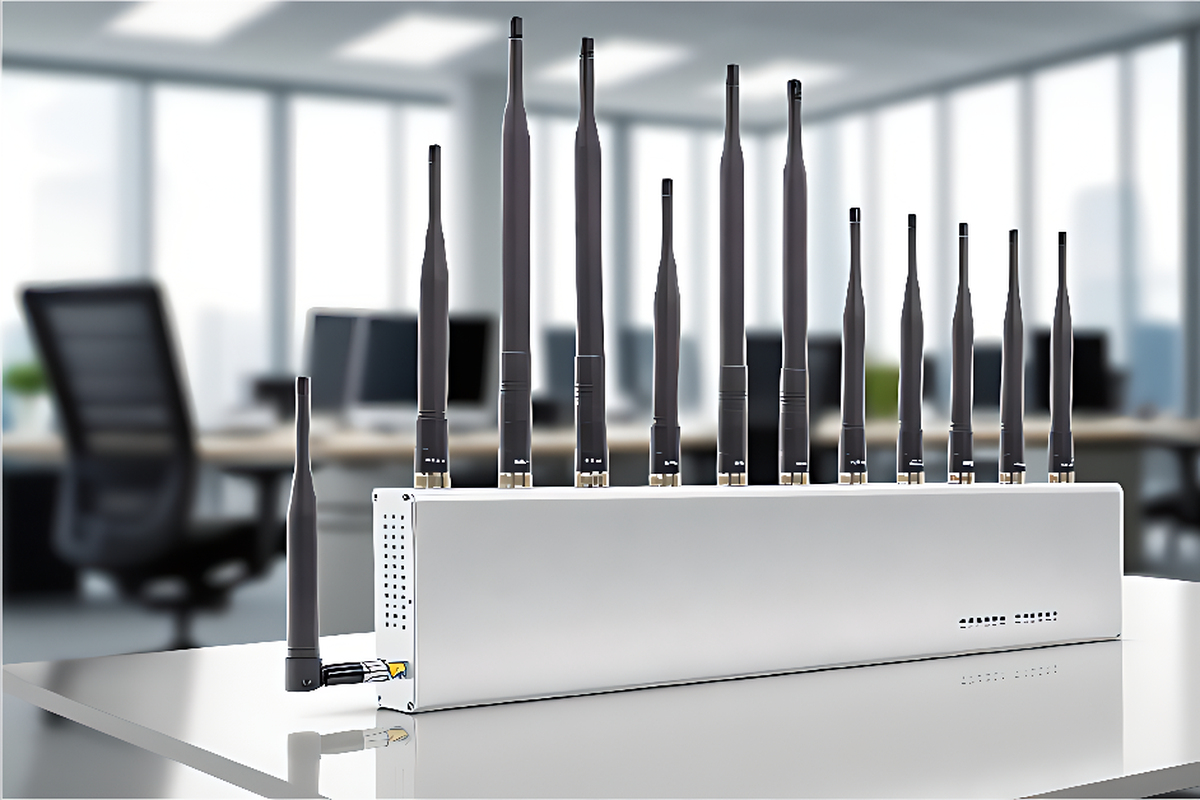Mobile phone signal intelligent management and control system - Analysis of functional features and application scenarios
The Mobile Signal Intelligent Control System is a professional solution specifically designed for venues with strict communication security requirements, such as confidential meetings, prisons, and judicial systems. This system enables precise shielding and intelligent management of unauthorized mobile terminals in designated areas, effectively preventing information leakage and illegal communication activities.
Core System Functions
The system supports complete shielding of 3G and 5G signals while intelligently managing 2G and 4G signals, ensuring effective communication control across different network environments.
When a mobile terminal enters the controlled area, the system automatically sends a network access SMS notification. This feature fully supports 2G to 5G networks of China Unicom, China Telecom, and China Mobile.
The system monitors communication activities within the controlled area in real time. Once an unauthorized mobile device is detected, it immediately triggers an alert, ensuring prompt response by security personnel.
The system collects device identification information such as IMSI, IMEI, and ENS, and translates it into corresponding phone numbers and carrier records. It fully supports various network standards of all three major operators.
The system captures calling and called phone numbers and collects SMS content, providing comprehensive data support for security audits and incident investigations.
The system supports flexible blacklist and whitelist settings: blacklisted devices are blocked from all communication and data functions, while whitelisted devices can use communication and data services normally. It is fully compatible with various networks of all three major operators.
Application Scenario Analysis
| Application Scenario | Requirements | Solution |
|---|---|---|
| Confidential Meeting Venues | Prevent leakage of meeting content and restrict unauthorized communication | Complete mobile signal shielding, allowing only authorized devices via whitelist |
| Prisons and Detention Centers | Prevent illegal communication among inmates and杜绝内外串通 | 24/7 signal monitoring and control, real-time alerts for违规通信 |
| Judicial System Institutions | Ensure confidentiality of case investigations and prevent information leakage | Signal shielding in sensitive areas, complete recording of communication activities |
| Military Management Zones | Prevent leakage of military secrets and block potential espionage activities | High-intensity signal shielding, immediate blocking of abnormal communications |
| Scientific Research Confidential Units | Protect intellectual property and prevent technical leakage | Hierarchical signal control, complete shielding in critical areas |
Technical Advantages
The system employs advanced signal identification technology to accurately distinguish between various network standards of different operators, enabling targeted control of specific signals and minimizing impact on normal communications.
The system supports flexible configuration of multiple control strategies. Based on the security needs of different scenarios, customized signal management solutions can be implemented, ranging from complete shielding to limited communication.
The system features complete communication data logging functionality. All detected communication activities generate detailed logs, providing reliable data support for security audits and incident tracing.
With a modular design, the system can be seamlessly integrated with other security systems. It supports multiple deployment methods, meeting both long-term deployment needs in fixed venues and rapid deployment requirements for temporary occasions.
Implementation Recommendations
When deploying the Mobile Signal Intelligent Control System, it is recommended to first conduct an on-site signal environment detection to understand the signal strength and distribution characteristics of each operator. Then, develop targeted control strategies based on actual security needs. For large venues, a distributed deployment approach can be adopted, with multiple control devices working together to achieve full coverage without dead zones.
During system operation, a regular maintenance mechanism should be established to promptly update operator network parameters and device identification rules, ensuring the system can effectively address challenges posed by network upgrades and device updates. Additionally, a strict operational permission management system should be implemented to prevent unauthorized use or tampering.
